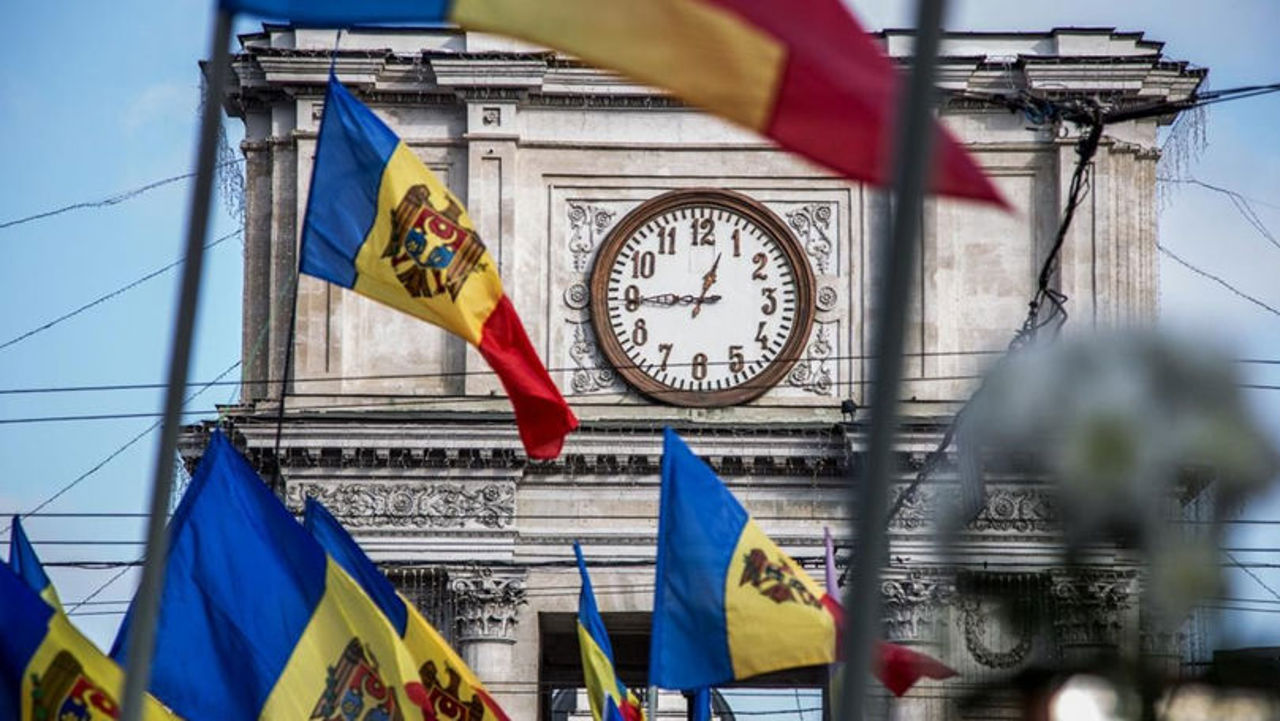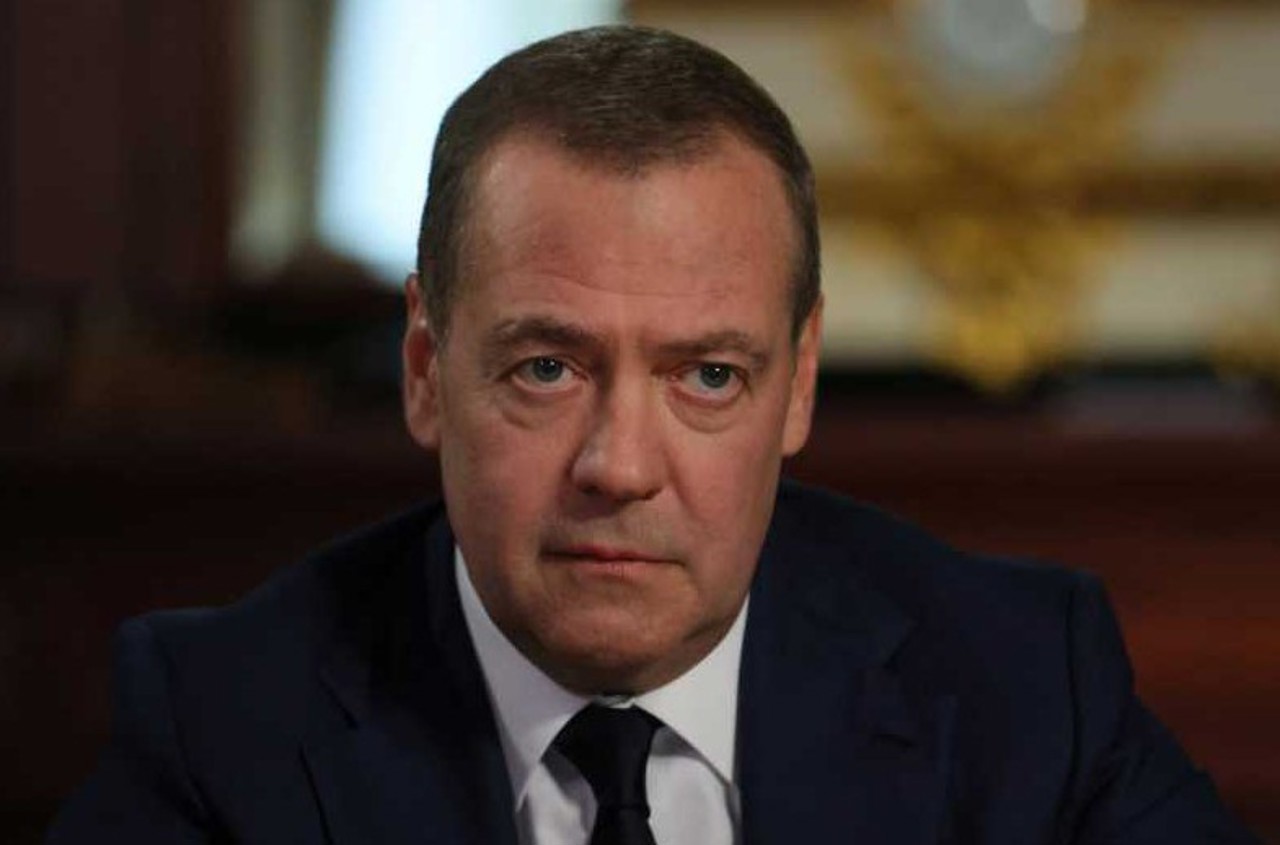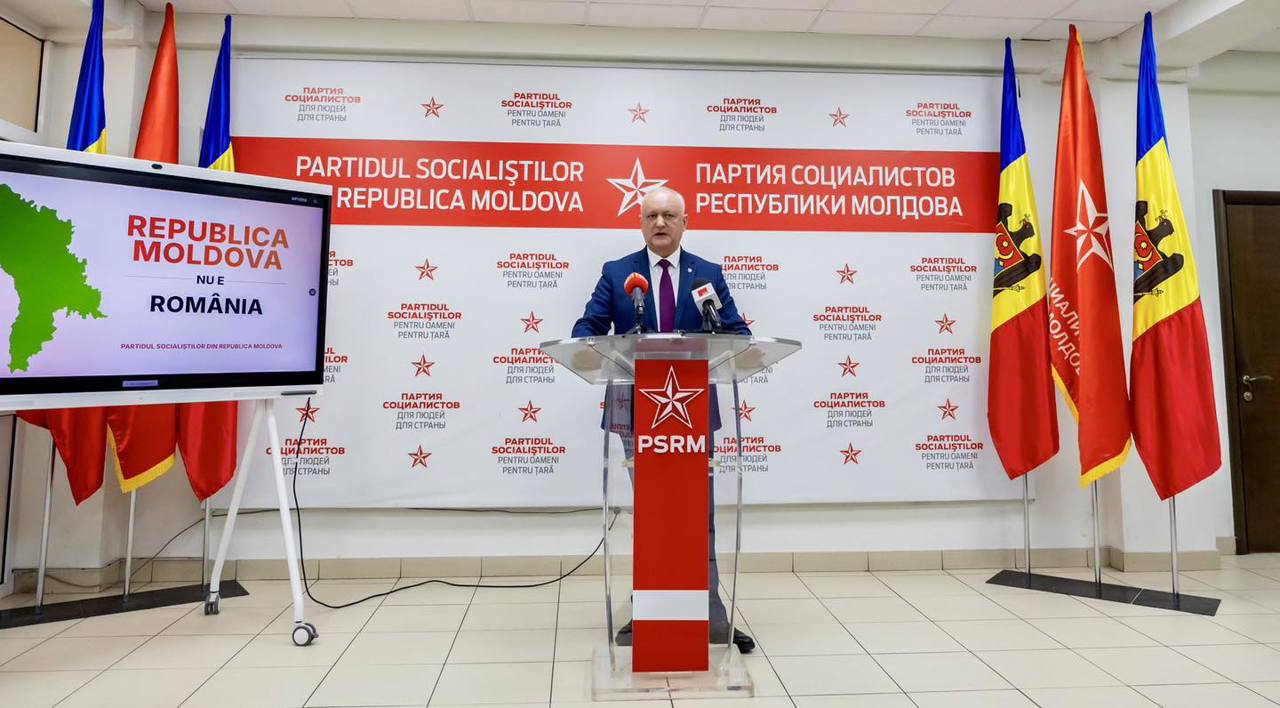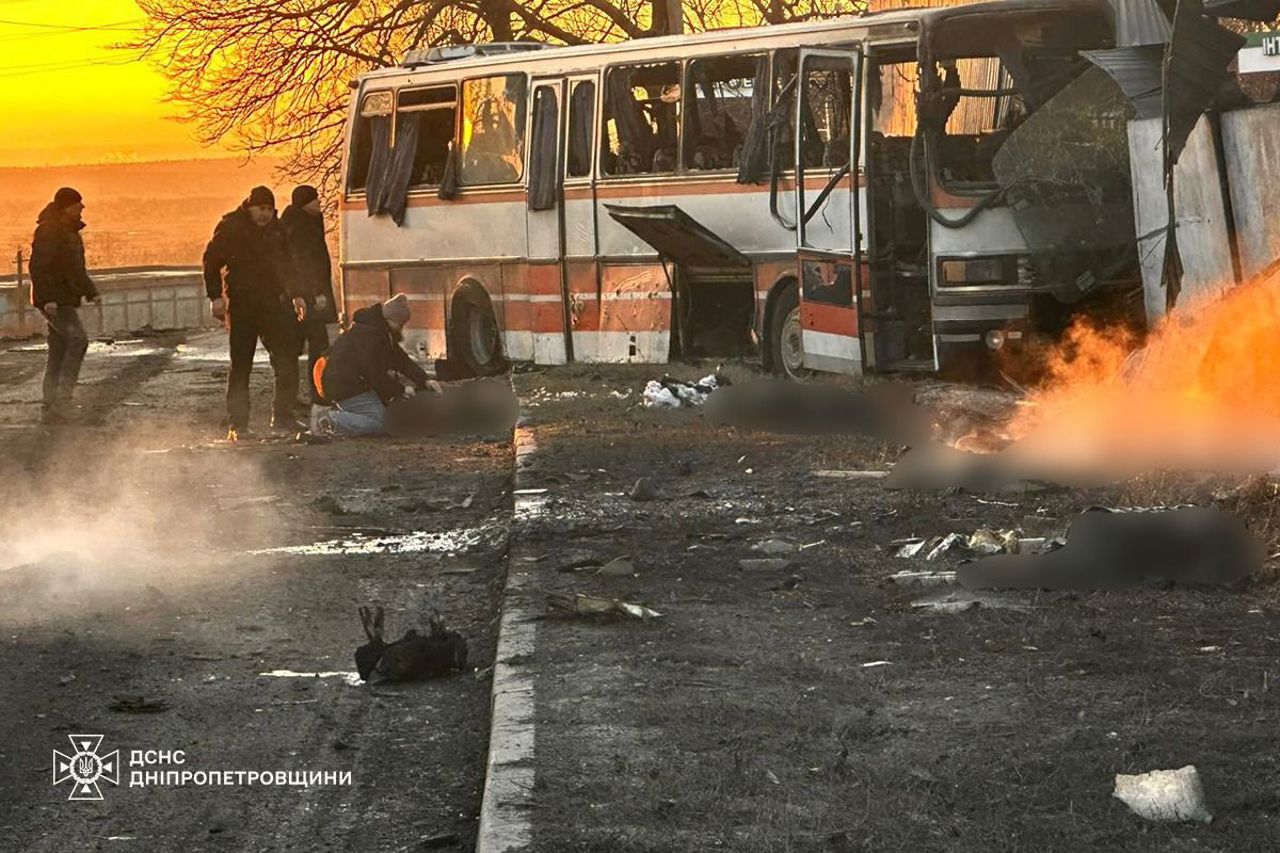EU integration: Moldova's path to stronger sovereignty

On June 23, the Republic of Moldova marks 35 years since the adoption of its Declaration of Sovereignty, a pivotal document that established the state's independence and affirmed its citizens' right to self-determination.
In a complex regional context, Chișinău authorities and experts assert that "the country's destiny is in the hands of its citizens," and that sovereignty and European integration go hand in hand. They argue that EU membership only strengthens the nation's decision-making capacity.
"European integration strengthens, it does not weaken, the sovereignty of the Republic of Moldova," stated Iulian Groza, Director of the Institute for European Policies and Reforms (IPRE), on Monday during the "Bună Dimineața" (Good Morning) show on Moldova 1.
"When we speak of a country's sovereignty, it means that the power to make decisions within a state rests with its people. This is also enshrined in our Constitution," Groza noted, recalling that the Declaration of Sovereignty, adopted 35 years ago, had a clear purpose: "For Moldova to have the right to decide its own future, regardless of other forces and powers that may have existed or exist in the world."
According to the expert, the term "sovereignty" has, over time, been politicized and used in speeches promoting isolation. However, for the Republic of Moldova, the European path serves to consolidate its independence.
"Drawing closer to the European Union actually offers us similar decision-making power to that of other states. We will be at the discussion table when we are members of the European Union, alongside other states, and in this way, we will also have greater decision-making power together with others, with the same equal vote, to shape our future and strengthen our decision-making power within the European Union," he said.
Addressing the myth of losing sovereignty upon EU accession, Groza explained that "the European Union cannot decide for the Republic of Moldova, for example, what alliances to join or what kind of policies to implement within national competence."
He clarified that European decisions are based on transparent rules and a balance between institutions: "The European Commission doesn't make decisions on its own; rather, it proposes them, just like in any other country: the government puts forward a proposal, and Parliament votes on it."
Ultimately, Groza insisted that a European future is the only way to consolidate the sovereignty of our state.
"Today, the Republic of Moldova has no other path than to accede to the European Union to strengthen its independence and sovereignty," the IPRE director emphasized.
March of solidarity, a first for Chișinău
According to Adrian Băluțel, Head of the Moldovan President's Cabinet, Sovereignty Day symbolizes "the moment when people affirmed they were free and could decide their own fate." Speaking on the "Dimineața cu Radio Moldova" (Morning with Radio Moldova) show on the morning of June 23, he stated that "the country's destiny is in the hands of its citizens, and no one has the right to take that away from them."
Adrian Băluțel also mentioned that an extensive event dedicated to this historic moment would be organized for the first time in Chișinău. The festivities will begin with a recital at the Doina and Ion Aldea-Teodorovici monument, followed by a march towards the Presidency.
"Doina and Ion Aldea-Teodorovici were, perhaps, the most powerful voices of freedom during that period. Through art and culture, they instilled the sense of freedom in the hearts of that generation," Băluțel said.
The official urged citizens to participate in the March of Solidarity, wearing an "ie" (traditional blouse) or a traditional shirt, as a sign of respect for cultural heritage and for the courage of those who defended Moldova's freedom: "Those who can come in an 'ie' are welcome. Those who cannot, are, of course, welcome anyway. The important thing is to be together and to celebrate."
Sovereignty Day: A turning point in Moldova's history
Adopted in June 1990, the Declaration of Sovereignty was seen as a first timid formulation of our state's desire for independence, against the backdrop of a National Revival movement and the erosion of the Soviet Union's legitimacy, recalled historian Igor Cașu, director of the National Archives Agency, on Moldova 1.
"It precedes, in content, the Declaration of Independence. It states certain things more timidly; it doesn't say them completely, but it does say them," Cașu explained on the "Bună dimineața" show, noting that the true break occurred in 1991, when the Republic of Moldova officially proclaimed its independence.
In the context of the 1990s, sovereignty was chosen as a necessary stage towards independence, following the model of other republics in the Soviet bloc, representing, in fact, "independence hinted at" or "independence expressed cautiously."
According to the historian, Moldovan society quickly understood the significance of the moment: "We also had actions that preceded even the Declaration of Sovereignty. The greatest victory, of course, is the Great National Assembly on August 27, 1989, after which linguistic legislation was adopted and the transition to the Latin alphabet."
Moldova was the sixth republic in the USSR to adopt such a document, following the example of the Baltic states.
Translation by Iurie Tataru




